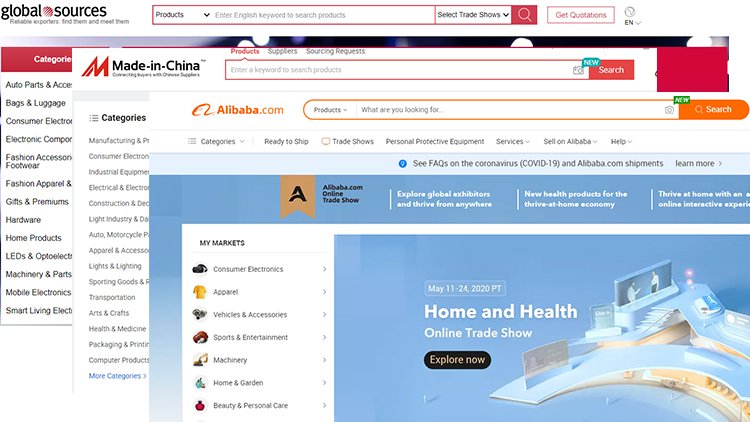Introduction
Payment methods in China have undergone a revolutionary transformation as the payments landscape has rapidly transformed from a traditional cash-dominated economy to an advanced, virtually cashless ecosystem. This rapid evolution is primarily fueled by the widespread adoption of mobile payment solutions, with Alipay and WeChat Pay at the forefront, collectively dominating the market. These platforms have introduced unparalleled convenience, enabling everything from small street vendor transactions to large online payments with a simple scan of a QR code. For foreigners, although there were initial hurdles, these systems are now increasingly accessible, embedding themselves into the fabric of everyday financial interactions in China.
Understanding local payment methods is crucial for foreigners navigating China’s economy. So, for foreigners, how many payment methods are there when traveling, working, or living in China?
1. Traditional Payment Methods
Cash Transactions:
Cash usage in China has significantly decreased with the rise of digital payment methods like Alipay and WeChat Pay. However, it’s still possible to use cash for transactions, primarily in rural areas, small businesses, or traditional markets. Visitors are recommended to carry some cash for convenience.

There are 5 ways to withdraw or exchange for RMB cash
- Bank Branches – Bank branches with the logo of “EXCHANGE” can provide you with services such as currency exchange, money exchange, and exchange rate query. A valid ID or passport is often required. To check the location of nearby bank branches with currency exchange services, you can visit the bands` official web or call them.
- Self-Service Machines(E.g. ATM, CRS, etc.) – You can withdraw RMB cash at ATM, CRS, and other self-service machines with logos of your card schemes. The upper limit of a single withdrawal is CNY3,000 which is also subject to the limit of your bank cards.
- Franchised Institutions for Foreign Currency Exchange – You can exchange currencies at counters of franchised institutions for foreign currency exchange where the “EXCHANGE” signs are often shown. Daily limit is the equivalent of USD50,000. Such counters are usually located at airports and other ports of entry.
- Foreign Currency Exchange Agencies – You can exchange currencies at foreign currency exchange agencies commonly found at hotels. The daily limit is the equivalent of CNY10,000, and the annual cumulative limit is the equivalent of CNY50,000.
- Foreign Currency Exchange Machines – You can exchange currencies on a foreign currency exchange machine with your valid ID. The daily limit is the equivalent of CNY5,000. It is worth noting that the foreign currency exchange machines with e-CNY function can provide top-up service for e-CNY hardware wallets.
Tips on currency exchange for foreigners
For foreigners, currency exchange in China should be done through banks or official exchange services to ensure legality and the best rates.
Avoid street vendors for exchanging money.
Always check for the day’s exchange rates and carry your passport, as it’s often required for currency exchange transactions.
Bank Cards:
Use of international credit and debit cards in China
International credit and debit cards like Visa and MasterCard are widely accepted in China, especially in urban areas and tourist spots. However, local establishments may prefer UnionPay as the payment methods.
In Guangzhou, overseas bank cards are accepted where you can see logos of your card schemes such as Visa, MasterCard, JCB. These logos are often seen in airports, hotels, shopping malls, restaurants, tourist attractions and exhibition centers in Guangzhou. If you have any doubt, ask the cashier for more information.
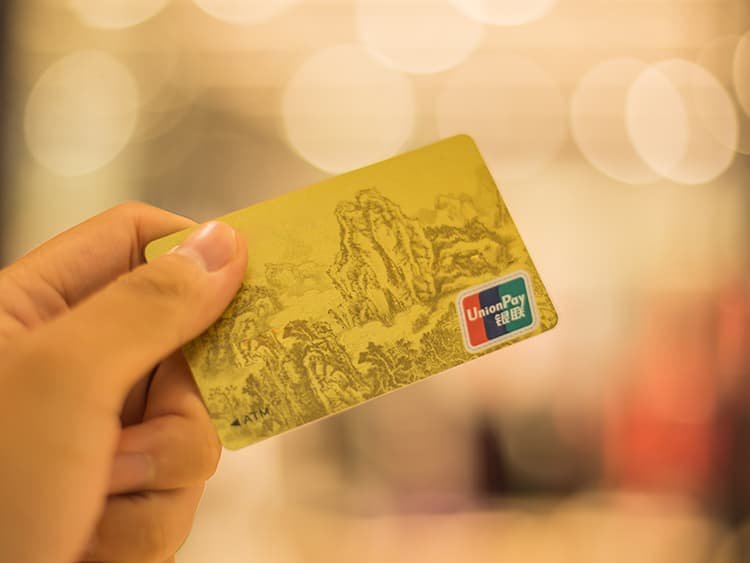
Details on Chinese banking systems that accommodate foreign bank cards.
Chinese banking systems are increasingly accommodating foreign bank cards, primarily through major international networks like Visa, MasterCard, American Express, and JCB. Large Chinese banks, such as Bank of China, ICBC, and China Construction Bank, provide ATMs that accept foreign cards for cash withdrawals. These banks also offer counter services for cash advances and other transactions with international cards. It’s important to note that transaction fees and daily withdrawal limits may apply. Before traveling, it’s advisable to inform your banking institution to ensure card functionality abroad and check for potential partnership networks in China that may offer reduced fees.
Information on transaction fees and rates
Transaction fees and rates in China can vary widely depending on the service used. For international transfers, the rates can go potentially up to 1.5%. It’s important to note that certain providers may also have a minimum transaction fee. Always check the fees and rates before making transactions, especially when dealing with large amounts or frequent transactions.
2. Digital Payment Methods
Description of Alipay and how it works
Alipay is a leading mobile payment app in China, allowing users to conduct cashless transactions. By linking a bank account, individuals can pay bills, transfer money, and make purchases by scanning QR codes at merchants or online. Its convenience and wide acceptance make it integral to everyday financial activities in China. This is one of the most popular payment methods in China for small business.
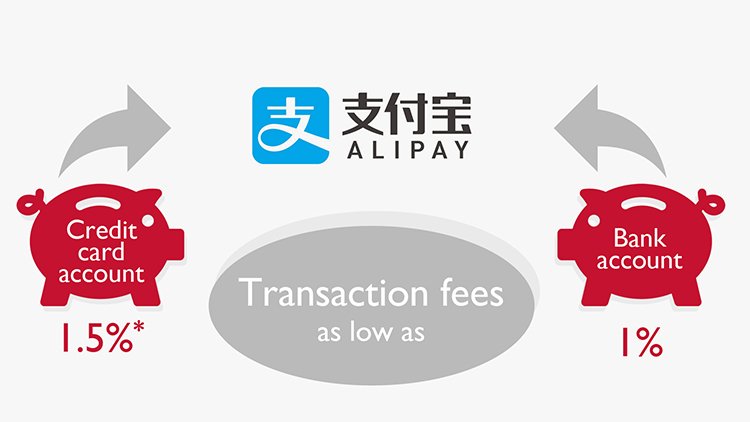
Steps for foreigners to set up and use an Alipay account
Setting up and using an Alipay account as a foreigner involves several steps. Here’s a simple guide to help you:
- Download the App: Install the Alipay app on your smartphone from the app store.
- Sign Up: Open the app and sign up with your mobile phone number, which can be an international number.
- Verify Your Identity: Complete real-name authentication by inputting your personal information and uploading the required documents, usually a passport for foreigners.
- Link Payment Method: Add a payment method. For Alipay, as a foreigner, you can link an international credit card for certain services or, if you have a Chinese bank account, link it to unlock full functionality.
- Top-Up Account: You can top up your Alipay balance using the linked credit card, through bank transfers, or at some convenience stores.
- Start Using the Service: Once your identity is verified, and your payment method is set up, you can start using Alipay for a variety of services.
Please note that due to regulatory changes, the ability for a foreigner to use an international card might be limited, and there could be additional steps or restrictions.
Introduction to WeChat Pay and its utilization
WeChat Pay is a digital wallet service incorporated within WeChat, China’s largest social networking app. It allows users to make secure and instant electronic payments, both online and offline. WeChat Pay supports various transaction types, including transfers, payment for goods and services, and bill payments. Simply by scanning QR codes at participating retailers or online platforms, users can conveniently complete transactions.
As WeChat is used by over a billion people, WeChat Pay has increasingly become a crucial part of the Chinese financial landscape. It is not just limited to China, as its services are expanding globally, bolstering Chinese tourists and overseas Chinese populations. It can be one of a international payment methods.
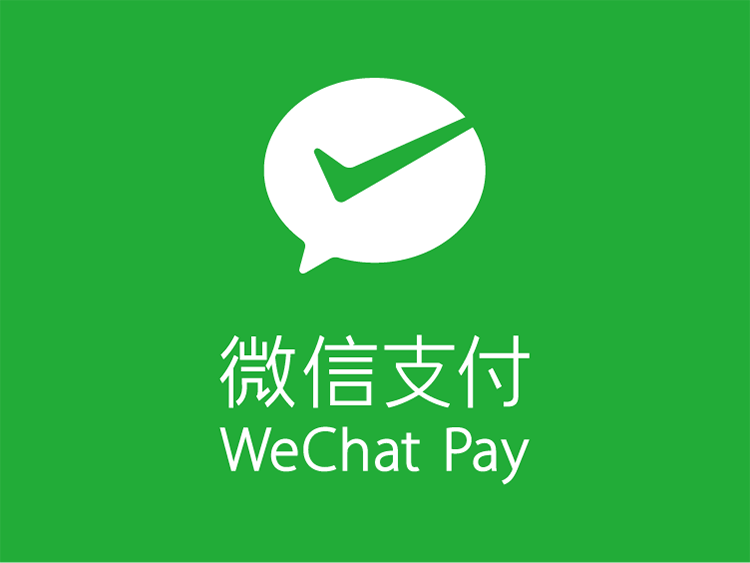
Guidance on account setup for foreigners including linking bank cards
Download WeChat: Install WeChat, which is essential for communication in China, and create an account.
Access WeChat Pay: In WeChat, navigate to the ‘Me’ section and then to ‘Wallet’ to access WeChat Pay features.
Verify Identity and Link Bank Card: You’ll also need to provide personal information and authenticate with a passport. Then you can add a payment option, either an international card for limited use or a Chinese bank account (which involves going to a local bank with your passport and other necessary documents).
Top-Up WeChat Wallet: With your bank card linked, you can top up your WeChat wallet and begin making transactions.
Use WeChat Pay: Similar to Alipay, once your setup is complete, you can use WeChat Pay for various services, including sending money, paying bills, and mobile recharging.
See my blog About Alipay and Paypal
Introduction to UnionPay
UnionPay is China’s dominant payment card scheme that has rapidly expanded globally through innovative payment solutions and strategic partnerships with an aim to facilitate payments for Chinese customers and businesses worldwide.
UnionPay cards (credit, debit, prepaid) are widely used by Chinese shoppers both domestically and internationally. It has partnerships and interconnections with other major card networks like Discover, Visa, Mastercard to enable global acceptance of its cards.
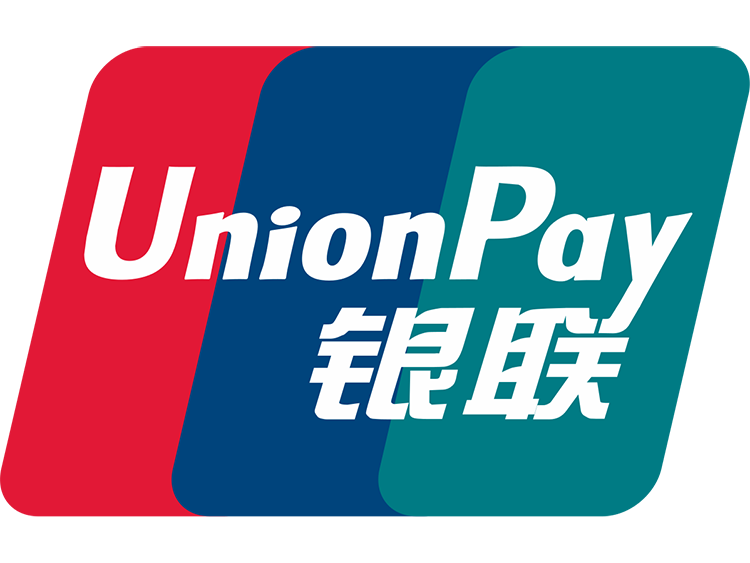
Foreigners can download the UnionPay App and register an account. The app will be your guide to using UnionPay in China.
It’s available in multiple languages and provides helpful information about accepted merchants and ATMs. Foreigners can easily apply for a Tour Card and top it up with funds before your trip. This prepaid card is perfect for travelers.
Challenges and Solutions for Foreigners
Common Challenges:
Foreigners in China may encounter several payment-related challenges due to differences in payment infrastructure and financial regulations. Here are some common issues:
Limited Acceptance of Foreign Credit Cards
Not all merchants accept international credit cards, as domestic card networks like UnionPay have broader acceptance.
Reliance on Mobile Payments
China has a robust mobile payment ecosystem with platforms like Alipay and WeChat Pay. However, setting these up requires a Chinese bank account, which might not be readily accessible to short-term visitors.
Language Barrier
The language barrier can create misunderstandings when dealing with transactions, especially in areas with fewer international visitors.
ATM Withdrawal Restrictions
Some ATMs may not accept foreign cards, or there may be daily withdrawal limits that are lower for international cards, accompanied by transaction fees.
Currency Conversion Fees
Converting currency through ATMs or banks can incur fees, and the rates may not be as favorable compared to other methods.
Bank Account Requirements
Opening a bank account in China for longer stays can be a bureaucratic process, requiring various documents and sometimes a proof of residence.
Transfer Limitations
There may be restrictions or limits on transferring money out of China, which can be problematic for expats or foreign workers.
Internet Banking Challenges
Internet banking services may be difficult to navigate for those unfamiliar with the system and the language, and international transfers may be complex.
Cash Prevalence in Rural Areas
In smaller towns and rural areas, cash is still king, and finding ATMs or points of card acceptance can be difficult.
Counterfeit Currency
There is a risk of encountering counterfeit bills when dealing with cash, so knowing how to identify genuine currency is important.
To mitigate these issues, travelers should inform their home bank of their travel plans, ensure they have a card that is widely accepted, have access to alternative payment methods, carry some cash, and understand the basic transaction process and relevant Chinese financial regulations.
Solutions and Tips:
To mitigate potential payment challenges in China, foreigners can adopt the following practical strategies:
Inform Your Home Bank
Notify your home bank about your travel dates and destination to prevent your card from being blocked for suspicious foreign transactions.
Carry Multiple Cards
Bring at least one backup card in case your primary card is lost, stolen, or not accepted. Ensure these are Visa or MasterCard, which have a higher acceptance rate.
Cash is Useful
Withdraw a reasonable amount of cash to use in places that do not accept cards, especially in rural areas or small businesses.
Understand ATM Fees and Limits
Be aware of the transaction fees and daily withdrawal limits imposed by your home bank and Chinese ATMs, and plan your cash withdrawals accordingly.
Use Reputable ATMs
Use ATMs at well-known banks or at international airports to reduce the risk of encountering skimming devices and to ensure better English language support.
Currency Exchange
Change some currency prior to arrival in China or at official currency exchange counters in China to get some initial cash on hand.
Get a Prepaid Tour Card
Consider using a prepaid travel money card loaded with Chinese Yuan to avoid fluctuating currency exchange rates.
Mobile Payments
If staying for a longer period, consider setting up a Chinese bank account to use mobile payment services like WeChat Pay or Alipay, which are widely used in China.
Language Preparedness
Keep a translation app handy or learn key phrases related to financial transactions to overcome language barriers.
Secure Online Transactions
When accessing internet banking or online payment platforms, always ensure that you are using a secure and private internet connection to protect your financial data.
International Transfer Services
If you need to transfer money internationally, familiarize yourself with services like Western Union, MoneyGram, or bank wire transfers that operate in China.
Understand the Laws
Brief yourself on the local banking laws and regulations, including currency export limits and reporting requirements for large transactions.
Beware of Counterfeit Currency
Learn to distinguish real banknotes from fake ones and check cash before accepting it, especially high-value notes.
Travel Insurance
Some travel insurance policies offer coverage for stolen money or cards, so having insurance might provide an additional safety net.
By planning ahead and preparing for the distinct financial landscape in China, foreigners can minimize the inconvenience related to payment challenges during their stay.
Conclusion:
In light of the intricate nature of China’s payment systems, it’s critically important for foreigners to adapt and integrate both traditional and digital payment methods. The landscape, though characterized by certain challenges such as limited foreign card acceptance, language barriers, and the complexities surrounding local banking protocols, also offers a plethora of competent strategies to mitigate these roadblocks. With an in-depth understanding of these unique facets of China’s financial ecosystem, foreigners can assure themselves of smoother, more efficient transactions, leading to a gratifying experience throughout their tenure in the country.
Given the diversity in payment preferences and systems within China, it is advisable for non-residents to judiciously employ a variety of payment methodologies. Such an approach safeguards uninterrupted financial transactions, procures convenience, and fosters a sense of tranquility as they navigate their journey in the nation, be it for exploration, employment, or entrepreneurial dealings. This adaptable strategy embodies preparedness for varied economic exchanges, positioning it as an integral part of a stress-free, pleasurable experience in China.
Join our Newsletter
Join today for free to get the latest news



